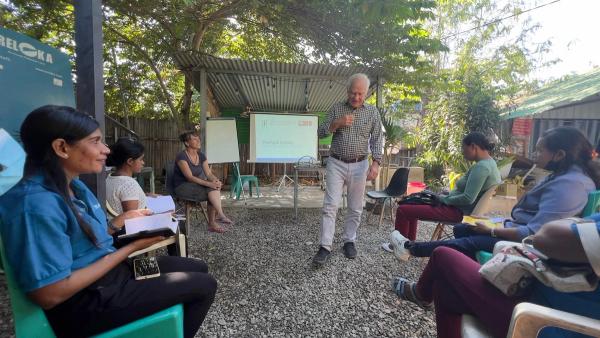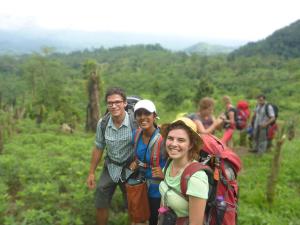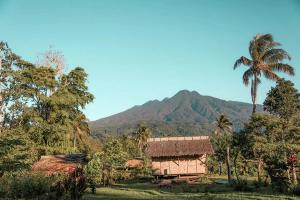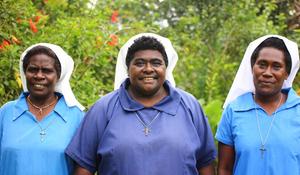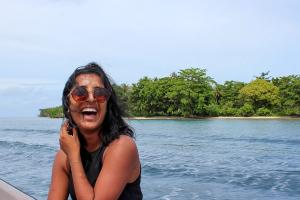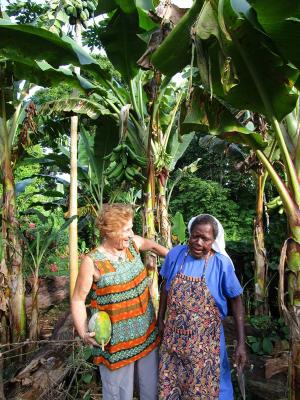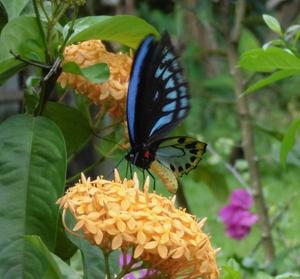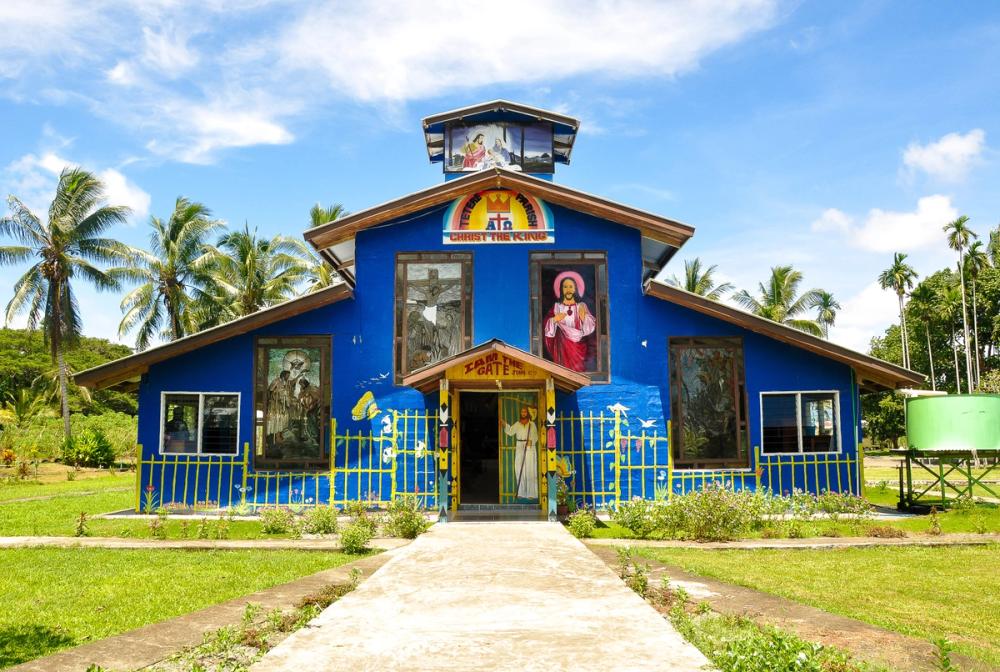

Solomon
Islands
A nation of islands navigating post-conflict development
The Solomon Islands is a nation of over 900 islands and more than 5,000 rural villages, home to a population of approximately 550,000. The country endured a significant period of ethnic tension and conflict between 1999 and 2003, which led to long-lasting effects on peace and development. In response to a formal request, Australia, New Zealand, and other Pacific nations formed the Regional Assistance Mission to the Solomon Islands (RAMSI) in 2003 to help restore law and order.
RAMSI transitioned into a smaller, police-focused mission in 2012, and military personnel fully withdrew in 2013. However, New Zealand and Australian police remain involved, helping to build capacity in local community policing.
Solomon Islands' economy is highly dependent on its natural resources. Logging accounts for 70% of export income and around 10% of government revenue. However, foreign exploitation has often left communities with little benefit. Mining is expanding, raising both opportunity and environmental concerns.
Our Work in the Solomon Islands
For over a decade, VSA has partnered with local institutions and the Solomon Islands Government to support sustainable development through targeted assignments. Our programme focuses on four priority areas:
1
Youth development
Providing pathways for youth engagement and employment through community and education initiatives.
2
Education
Supporting teaching quality, infrastructure, and access to education—especially through engineering partnerships.
3
Tourism
Assisting with sustainable tourism initiatives that preserve culture and the environment.
4
Governance
Working with government institutions to strengthen administrative capacity and accountability.
Economic Context
Solomon Islands’ economy is driven primarily by logging, with forestry products making up the bulk of exports. Agriculture, fishing, and subsistence farming support the livelihoods of the majority rural population. Manufactured goods and fuel are imported. Youth unemployment remains a major challenge, and the economy is vulnerable to external market fluctuations and environmental risks.
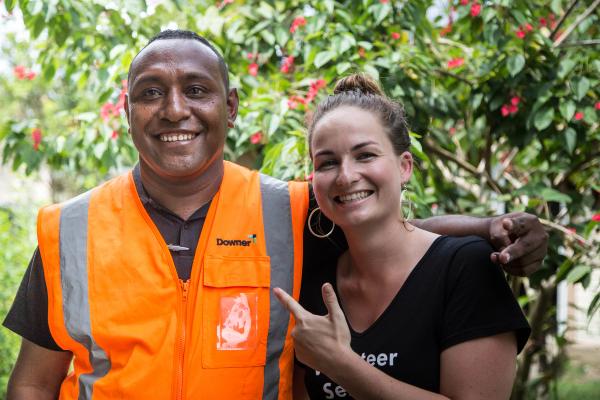

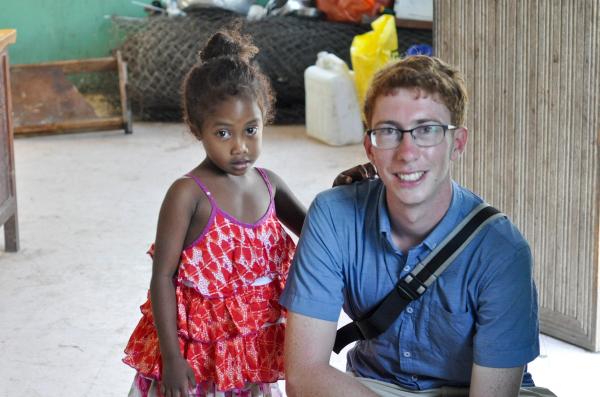

Development challenges
The Solomon Islands continues to recover from past conflict and navigate a complex development path. Key challenges include:
- Post-conflict trauma and social cohesion
- Youth unemployment and limited education access
- Infrastructure gaps in rural areas
- Foreign-led resource extraction with limited local benefits
- Conservative gender dynamics and limited female participation
Our volunteers work alongside communities and government agencies to address these issues, supporting a stable, inclusive, and resilient future.
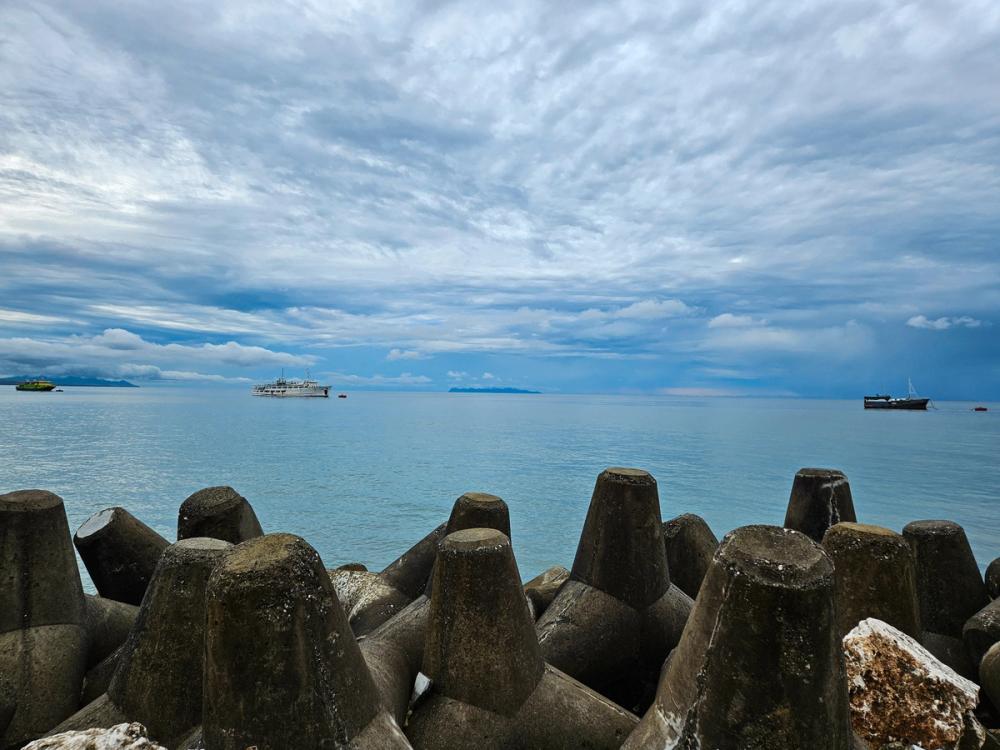

Things to consider when living and volunteering in the Solomon Islands
1
Language and culture
VSA assignments usually last between one and two years, so local language training is important. We provide basic language training (pijin) at the start of assignments and follow up training if necessary, during assignment.
Understanding local customs is vital to a successful assignment. For example, in conversation, people do not usually approach things head on. In Melanesia there is a saying that, "if you want to enter the front door, you walk all the way around the house first."
2
Gender relationships
The Solomon Islands is a strongly patriarchal society and holds conservative attitudes about the role of men and women in society. Women tend to socialise with women, and men with men.
3
Housing and living conditions
We provide our volunteers with basic, furnished accommodation with gas facilities for cooking. In Honiara, you will have access to power (although power outages can occur), phone, internet, piped water, restaurants, a variety of shops and large expatriate population. Provincial towns are well serviced compared to rural areas, and most have access to power. In rural areas, power will be generator-based if it is available. Mains water supply is not recommended for drinking so boil water, use a purifier, or drink bottled water.
4
Dress standards
The Solomon Islands is a conservative country, and some western style clothing is not appropriate. Loose fitting, light, cotton clothing is best for the climate and culturally appropriate. For men choose long pants, knee length shorts and short sleeved shirts. For women, dresses, skirts and t-shirts are commonly worn – sleeveless shirts are also acceptable. Don’t expose skin above the knee though, especially when attending traditional events. Being barefoot inside the house is the rule and remember that rural areas and provincial towns will be more conservative than Honiara.
5
Health and Safety
Malaria is endemic in the majority of the Solomon Islands and all our volunteers must use malarial prophylaxis. Dengue has also been known to be an issue. Other precautions are still recommended, such as insect repellent and long sleeves / trousers in the evening if outside and a mosquito net if you are staying in villages. Skin infections can develop quickly so have a good supply of plasters, antibiotic cream and antibiotics. Public hospitals are found in all provincial centres and smaller health centres are scattered throughout rural areas. Health care is basic, and you’ll need to be responsible for managing your own health while on assignment.
We provide all volunteers with a thorough security briefing prior to departure and specific local issues are covered during your in-country orientation. In general, there are no problems moving around the majority of Honiara and provincial centres during the day, but it is not safe to walk alone in Honiara after dark. Over 98 per cent of land and coastal marine area is in traditional ownership. Strangers cannot wander freely through private or empty land without first seeking permission – always take a trusted local person with you.
6
Banking and Finances
We open a local bank account for all volunteers on arrival in the Solomons where monthly living allowances are paid into. Banks include ANZ, BSP, POB, Bred Bank and a few local credit unions in Honiara and all provincial centres have a BSP agent where you can withdraw money. A number of provincial centres also have solar-powered ANZ ATMs but BSP customers must withdraw funds through a teller. The local currency is Solomon Islands dollar. Visit Westpac for current exchange rates.
7
Cell phones and email
Solomon Islands has two cellular providers – Telekom and Bemobile. Coverage is increasing but is not always reliable. When cellular coverage is working, you can text and call internationally, but calls can be expensive. Internet connections are limited and slow compared to New Zealand. There are Telekom buildings in the provincial centres and these are often the only places to check emails and use public pay phones.
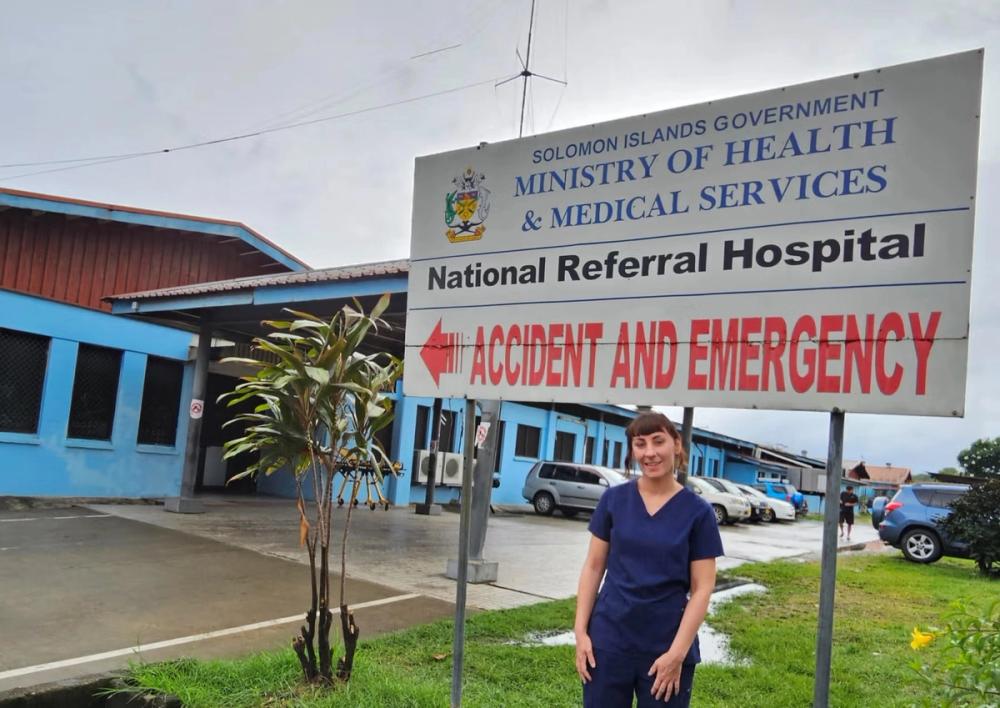

NRH & its Holistic Approach to Infection Prevention and Control—Volunteer Katie Croom’s Crucial Contribution in the Solomons
Open positions
Let’s work together to create meaningful change.
Want to become a partner?
We work in partnership with government agencies, NGOs, and community groups to share skills, strengthen systems, and support locally driven development.
If your organisation could benefit from volunteer expertise in areas like education, health, agriculture, governance, or climate resilience—we’d love to hear from you.
